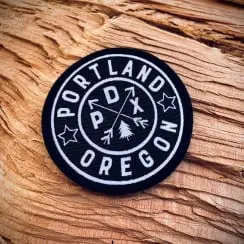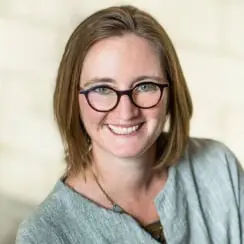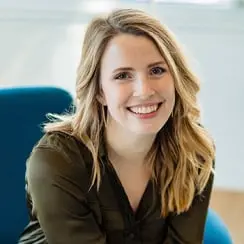 | 1 LU |
 | 1 LU |
Room: D139-140
Audience: School Administrators
Call to Action: Attendees will receive a trauma-informed design check list of steps to create environments that employ a sense of calmness, safety, dignity, empowerment, and well-being for all. Within the case study of Boys Town Education Center, presenters will define the types of spaces and design considerations for kids who endure boundary challenges. Attendees can apply this knowledge to their next project. Within the case study of the Green Hill School, presenters will outline the benefits of integrating natural materials in the activities and wellness center to transform the daily experience of staff, visitors, and youth in their journey toward reentry into their community. Regardless of facility type, integrating natural elements and connections to nature benefits all project types. Attendees can implement these tips into their next project.
Abstract: Trauma-informed design ensures that each space in a project plays a significant role in supporting the healing process of residents or occupants. This session explores case studies of two projects varying in facility type, size, and occupant goals. Each project team applied trauma-informed design principles to create welcoming exterior environments and interior spaces that elicit a sense of calm and support personal well-being. Boys Town is a treatment center for youth placed through the juvenile justice system or state family services departments from across the United States. Because all the youth are placed due to behavior health issues and many of them suffer from mental health and substance abuse issues, safety was a major design priority. Extra considerations were taken to create a safe environment that does not feel institutional. The new Education Center at Boys Town is filled with next generation learning environments for students in grades 4-12, upholding its vision that all students deserve inspiring learning environments, especially at-risk youth and those who have experienced trauma. Students played a critical role in the design of the facility to ensure it is a family-oriented, innovative, and inviting environment. Green Hill School Wellness and Recreation Center provides healthy lifestyle and wellness opportunities for staff and male youth in a secure juvenile rehabilitation facility. Using an integrated site and building design to create a restorative, calm and therapeutic environment, the rehabilitative treatment approach acknowledges past trauma experienced by youth and provides campus staff with a safe place for respite and collaboration. The new Wellness and Recreation Center will be the State’s first Net-Zero Energy Justice Facility, and focuses on providing critical emotional regulation skills, education and training for youth to achieve successful reentry into their communities.
Learning Objectives:

Maciej came to Boys Town fresh off his bachelor’s degree in Sociology from Creighton University with a calling to give back. Over the course of his 25-year career at Boys Town, he has touched the lives of over 10,000 at-risk youth ranging in grades from 4th to 12th. He spent six years as an Assistant Family Teacher in Boys Town’s Family Home Program providing social, emotional, and academic counseling and support to his residential youth. The last 19 years have been devoted to helping new students to Boys Town Schools successfully navigate campus life. During his tenure in the schools, he was able to complete his Master’s in Youth and Family Services which provided him the opportunities to become a behavioral interventionist, Boys Town Model consultant, football coach, and student council advisor on top of his other duties. Whether it’s through his New Youth Orientation program, crisis intervention, or coaching, Maciej’s mission is “to help students get their needs met in prosocial ways.”

Vanessa is a K-12 Education Leader at DLR Group. Serving as both educational facility planner and designer, Vanessa has a passion for creating learning environments that support teaching and learning. She is the daughter of two educators and often jokes that she was destined to design schools because it is in her blood. Vanessa finds personal joy when she sees students and teachers bring life to the schools she collaborates on.

Shannon’s passion for the built and natural environment is fueled by her desire to serve communities through the design of socially vibrant and timeless solutions that reflect each client’s unique values while connecting users to a deeper sense of peace. Throughout the project process, she frequently relies on one of the most critical skills she has learned over her career – the importance of asking questions to arrive at the right solution for each client.
Design of Educational Facilities
Acts as a resource to the design team in providing ongoing guidance and support to ensure that the emerging and ultimate design aligns with the established community vision, education goals, future programming, written design standards, best/next practices and education policy.